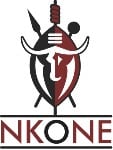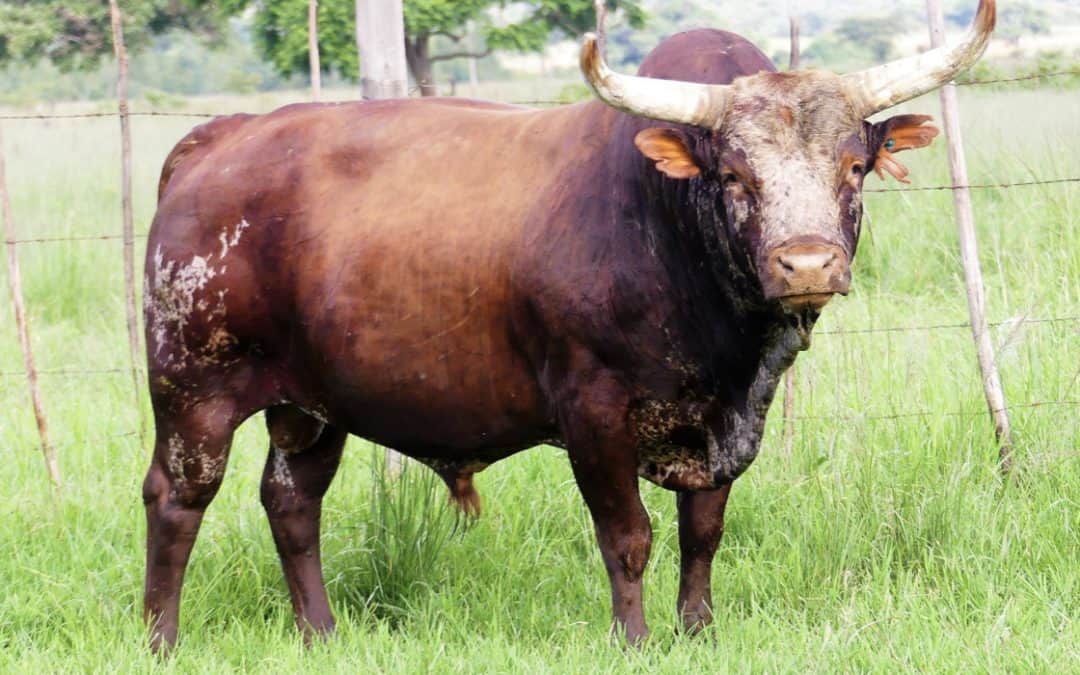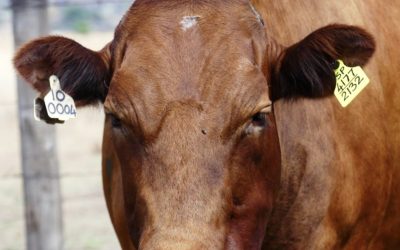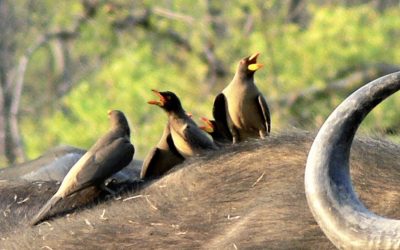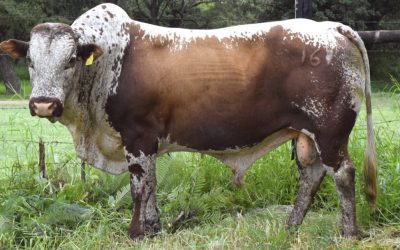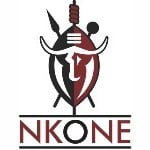ZIMBABWE HERD BOOK-YEAR OF THE NKONE 2023
NEWSLETTER FROM HHN and MH NKONE STUDS
No 8 (13th November 2022)
By SEKURU
NOTE: Thank you to the readers of these newsletters and those who have discussed or debated some of the issues. This is healthy and what I originally intended. I am by no means an expert but just an ordinary farmer who loves his cattle and I have my own ideas and way of doing things, which will not necessarily be the same as those of others and are not necessarily any better.
Please forgive me if my topics are a bit repetitive at times, some are very important in my mind.
Every one of us has something to learn from others. If these newsletters achieve that, I am happy.
CALVING
Our impatience has finally been rewarded and calving has at last started, with a lot more anticipation this year than usual because we will be getting calves from our two new imported stud sires. It is of huge importance that these calves live up to our expectations after much discussion, debate and deliberation before making the final decision to purchase the new bulls, including of course, the cost! I do not believe there is a more exciting and amazing time in our cattle calendar than calving time. Calving time is the culmination of months of planning, hard work and care of your cows. Our PD’s earlier in the year by our Vet showed 87% in calf overall. In a productive herd, your cows too, have worked hard to achieve the expected results – in our case 85% + calves born in a 42-day period in the registered herd, every year. Fortunately, this is achievable with our wonderful, fertile Nkone cows. So far, from results and between nature, the cows and us (and some help from the bulls), we seem to have got it right for our rainfall and conditions. We are hoping that our new sires remedy a few faults that we see in our present herd – a slight lack in pigmentation, we need greater capacity, we need more masculinity in our bulls. The new sires come from one of the most fertile cow herds in South Africa, their herd ICP has averaged 357 days over the last 30 years, so with our already highly fertile cows this can only be good. As we all know, fertility is the very most important trait in any herd.
On the other hand, our project Gaza Nguni cows at Mahenye in the Savé Valley are on year-round bulling, where they choose the right time to be bulled which depends largely on their condition in this very tough environment. They are in a Communal Area and we follow the communal practice of communal grazing and year-round bulling. The more fertile little Gaza Nguni cows still produce a calf every year which is quite incredible in an overgrazed, low rainfall area such as Mahenye, where they live off browse, pods and wild fruits for half the year! We have found that with year-round bulling at Mahenye, the mature bulls also react to periods when the cows are not coming into oestrus – they move away from the herds and lead quiet, solitary lives, often in the thickest bush, away from everything, until they seem to intuitively know when to return to the cow herds and breed. There have been times when I have also felt like doing that! (I mean the solitude of quietness in the thick bush away from everything!)
All new-born animals are beautiful, even humans, but the multicoloured and patterned Nkone calves are very special. The colours and patterns of the new calves are unpredictable despite the colour of the dam or sire. I have seen a black Nkone produce a white calf and everything in between. The complexity of the colour genetics in Nkone is beyond my comprehension. We would like to have a red and white “Nkone” coloured herd and the majority of our cattle are just that, it will be interesting to see what colours our two new stud bulls produce in this calf crop. The new bulls are predominately red with a few white speckles and have red and white and also black and white in their ancestry. In fact, colour is not meant to play any part in our selection process (most of the time!) and we select only for functionally efficient cattle.
When cows are noticed to be close to calving, they are watched carefully through the process, but not interfered with in any way. We weigh new calves within 24 hours of birth using a calf sling and small dial-scale for convenience and also swab the calf’s navel with a disinfectant. Apart from that we very much leave the cow and calf alone and avoid interfering. Cows and calves are carefully monitored without close contact to make sure that the calf is strong and suckling well and the cow is letting down milk. Fortunately, our Nkone cows and heifers have yet to present us with any calving problems since we started in 2019.
The Nkone cow is very protective of her new calf, but her natural docility reflects in her attitude to her herders to which she is accustomed, and who understand her, and she does not see people she knows as a threat, even to a very new calf. She is on the other hand, very aware and wary of strangers.
Our herdsmen are very good, coming from an area with a strong cattle tradition and culture going back for many centuries, in fact their Nguni ancestors introduced the ancestors of our Nkone and Gaza Nguni cattle to Zimbabwe. Our herdsmen know every cow and its progeny and relatives and it is easy for us to ear tag that week’s calves with their ID and other details. This is double checked and there are only very occasional mistakes. Other than ear-tagging the calves do not experience any more drama until they are weaned at seven months using weaner plates which are not invasive or painful. We do not dehorn or brand. You could definitely call them happy calves.
We have just had our first rains of the season, 57mm over two days. I look forward to about 5 weeks’ time and just sitting and watching 60 + beautiful multicoloured and patterned Nkone calves and their mothers with udders full of rich nutritious milk, on lush green grass at its optimum protein content. As Japie Jackson would describe it “At beer can height for optimum protein.” At least we can all have our dreams and the reward is when they sometimes become reality, often with a bit of practical help and common sense from ourselves.
“NKONE, THE ORIGINAL ALPHA MOTHER COW”
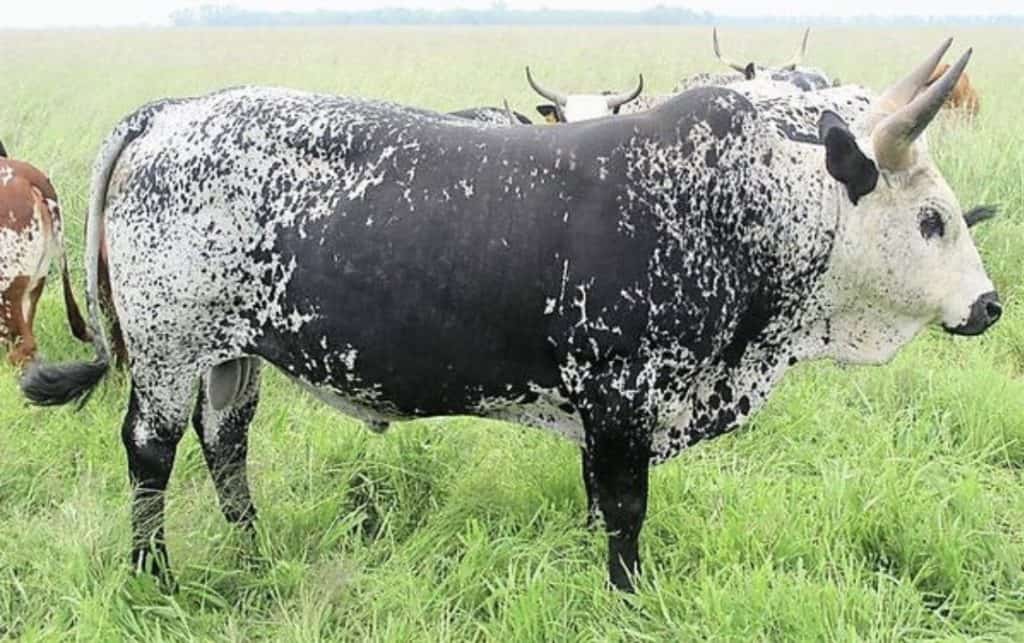
Leboa 11 375, Sire of our stud bull 16-18UCP
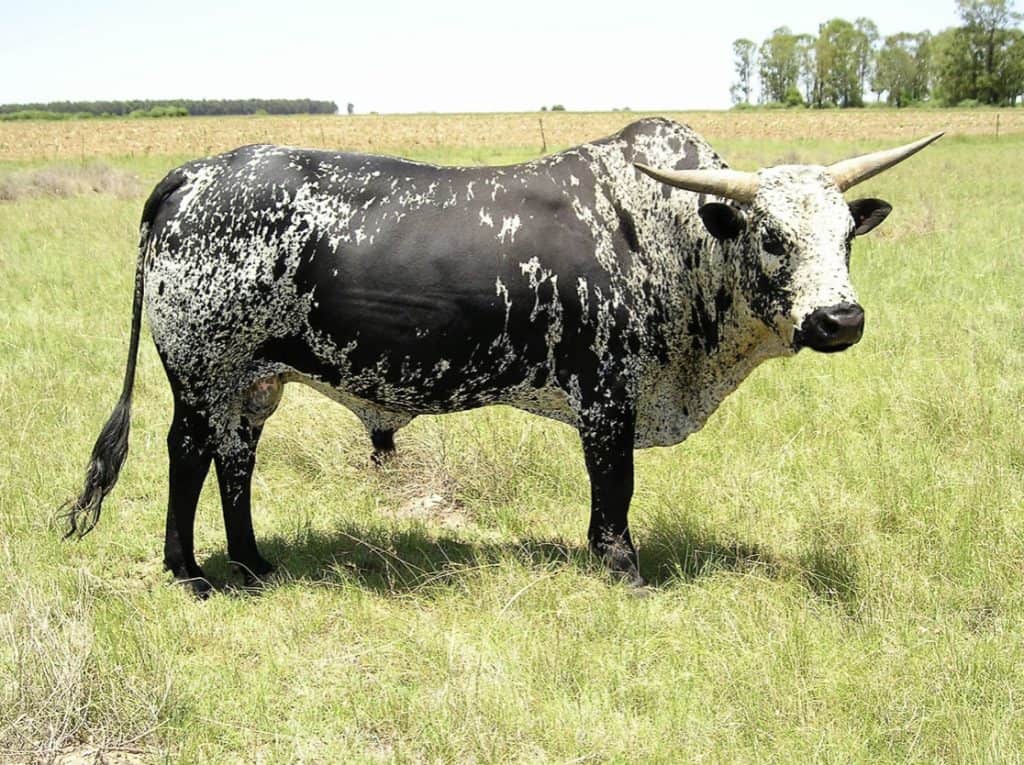
Siyabuswa FF 00101, Maternal Grandsire of our stud bull 16-18UCP
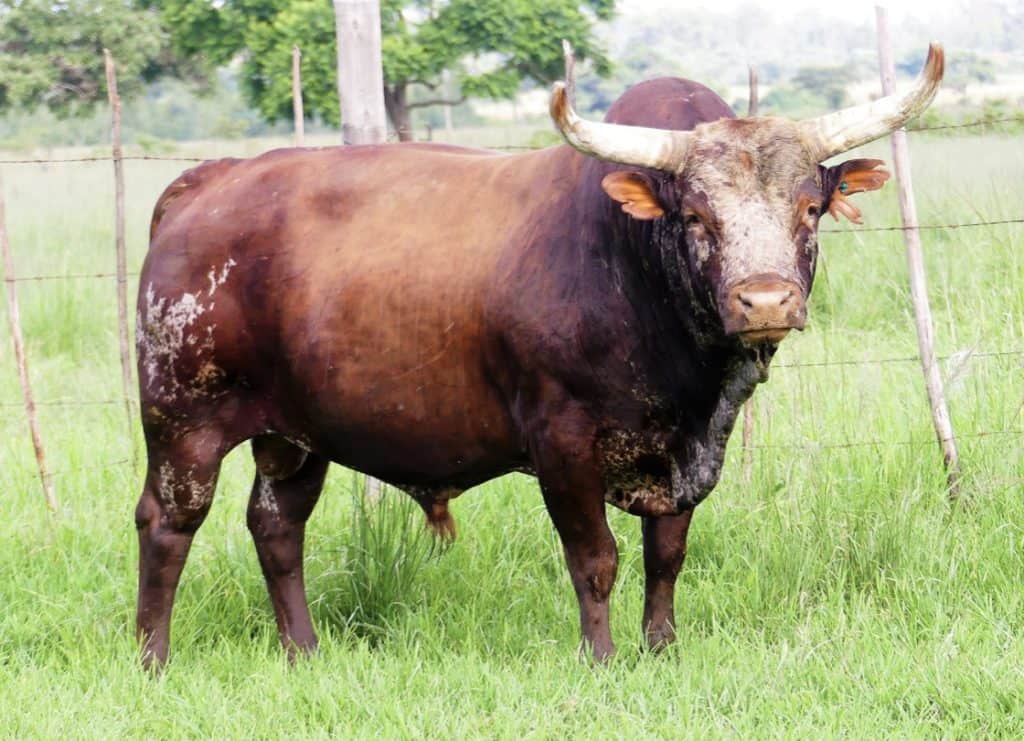
16-18UCP, one of our stud bulls with calves being born now in this calving season.
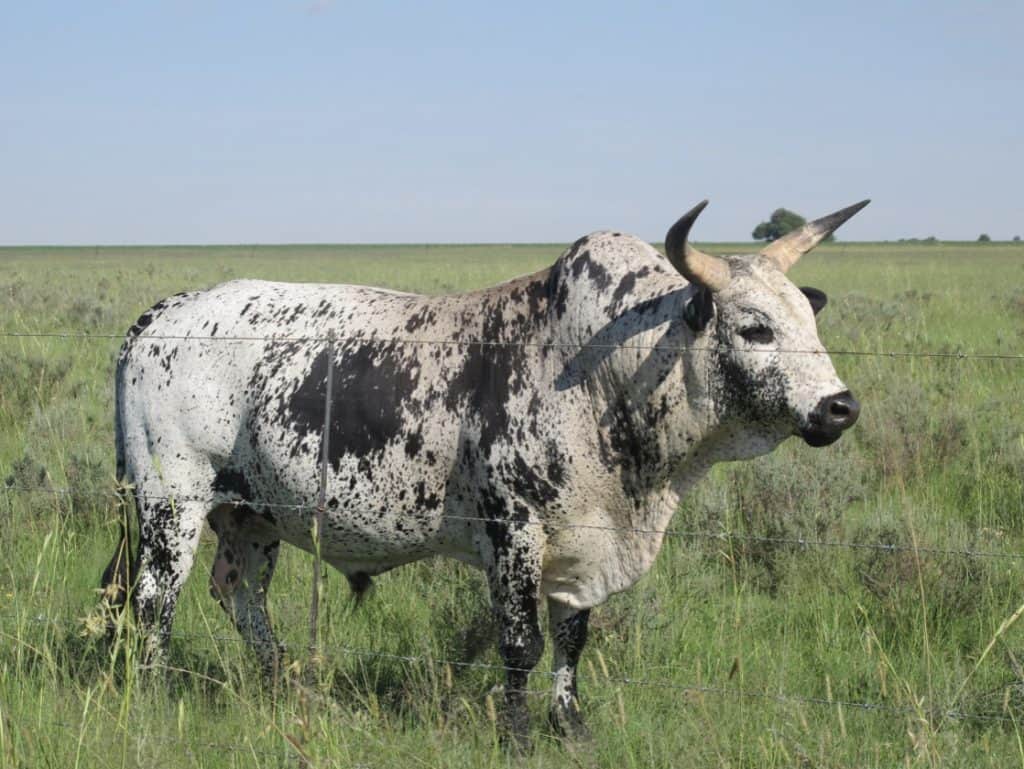
08-50 UCP, sire of our stud bull 14-47UCP
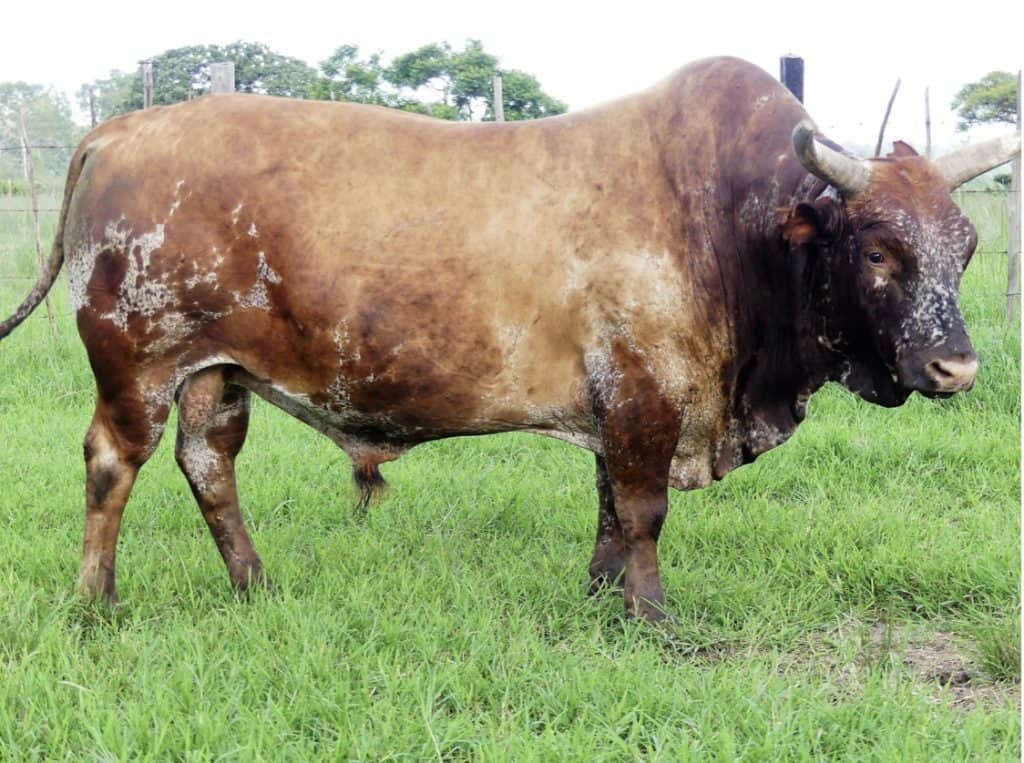
14-47 UCP, one of our present stud sires with calves being born now at the start of this calving season. Sadly we lost 14-47 UCP in a freak accident, but are grateful for this calf crop from him starting now. We also have semen from him. A few 16-18 UCP and 14-47 UCP calves at the start of our new calving season. One older out of season calf with white tag.
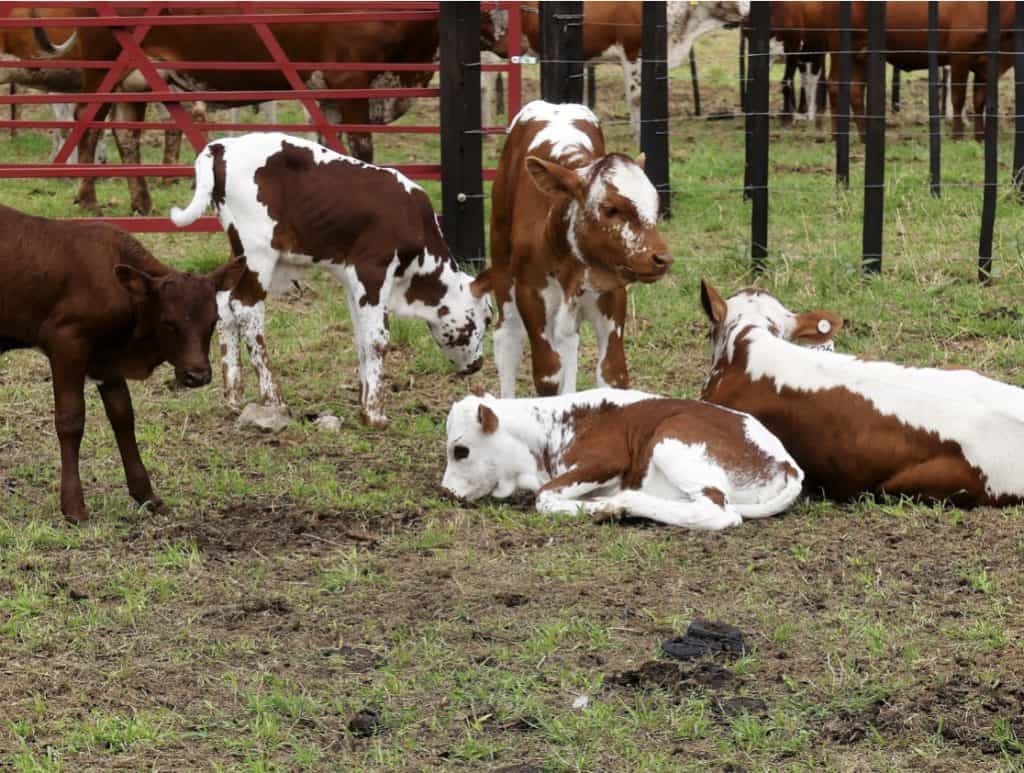
A few 16-18 UCP and 14-47 UCP calves at the start of our new calving season. One older out of season calf with white tag.
